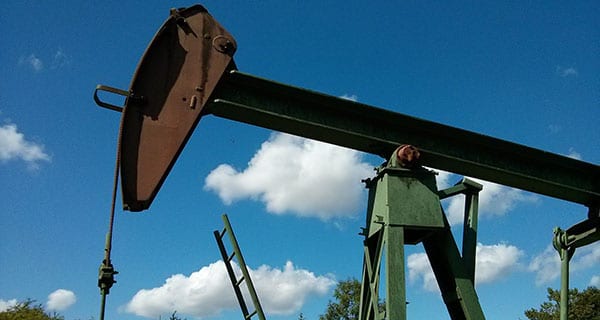Calgary-based Vermilion Energy has cut its monthly dividend citing the coronavirus and weak commodity prices.
“Vermilion’s board of directors has approved a 50 per cent reduction in our monthly dividend to $0.115 per share in response to weakness in commodity prices and reduced global economic prospects following the outbreak of the novel coronavirus (COVID-19). The revised dividend will be effective for the March dividend payable on April 15, 2020,” said the company in a news release.
The company reported net earnings of $1.5 million in its fourth quarter.
Fund flows from operations in the fourth quarter was $216 million, which is in line with the previous quarter despite a significant inventory build in Australia. FFO in 2019 was a record $908 million representing an increase of eight per cent from the prior year primarily due to higher production, partially offset by lower commodity prices, it said.
Fourth quarter production averaged 97,875 boe/d (barrels of oil equivalent per day), representing a one per cent increase from the prior quarter, primarily due to higher performance in its US and Netherlands business units, it added.
“Annual average production for 2019 increased by 15 per cent year-over-year to a record 100,357 boe/d, reflecting a full-year contribution from the assets acquired in 2018 and organic growth from our Netherlands, Australia and US business units. Production per share increased by five per cent in 2019,” said the company.
“In the United States, Q4 2019 production averaged 5,683 boe/d, an increase of 15 per cent from the prior quarter, primarily driven by contributions from our Q3 2019 drilling program. In the Netherlands, Q4 2019 production averaged 8,088 boe/d, an increase of nine per cent from the prior quarter, primarily due to the restoration of production following planned and unplanned facility downtime in Q3 2019.”In Canada, Vermilion said fourth quarter 2019 production averaged 58,593 boe/d, up slightly from the prior quarter as strong results from new well completions more than offset natural decline.
“During the quarter, we drilled one of our best ever condensate-rich Lower Mannville wells in Drayton Valley, achieving an IP30 rate of 1,900 boe/d (60 per cent liquids),” it said.

